How A Single Man highlighted an important debate over marketing LGBTQ+ movies
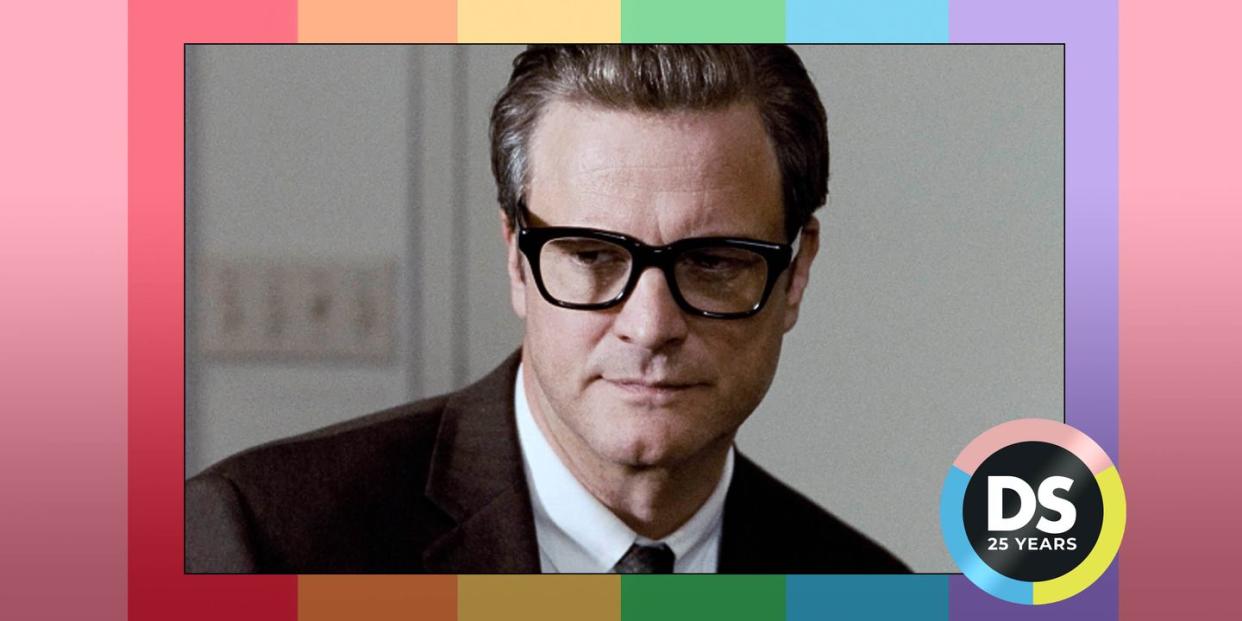
As part of Digital Spy's 25th anniversary and to celebrate Pride Month, we're looking back over some of the most significant LGBTQ+ movies of the past 25 years.
Next up, Tom Chapman explains how A Single Man highlighted an important issue in marketing LGBTQ+ movies.
When it comes to LGBTQ+ movies, it's clear the pink pound can mean big business. From Brokeback Mountain to Bohemian Rhapsody, The Imitation Game to Carol, Hollywood isn't averse to flying its rainbow flag in hopes of cornering the market.
On the flip side of this, there are those movies that remain in the closet, too afraid to come out amid fears they could alienate a mainstream demographic.
Major franchises like Harry Potter and the MCU are repeatedly accused of straightwashing their movies, but when it comes to the more intimate affairs, it's a much bigger problem. We've seen this time and again, with Tom Ford's A Single Man showing us how not to market your LGBTQ+ movie to the masses.
Known for his fashion and fragrances, Tom Ford made his directorial debut with 2009's A Single Man. Boasting an all-star cast of Colin Firth, Nicholas Hoult, Matthew Goode, and Julianne Moore, it was equal parts brooding and tragic, spritzed with Ford's signature style and feeling like a more mature Mad Men.
Telling the story of Firth's George Falconer as he comes to terms with the death of his partner (Goode), the crux of A Single Man is George's relationship with a student, Kenny (Hoult).
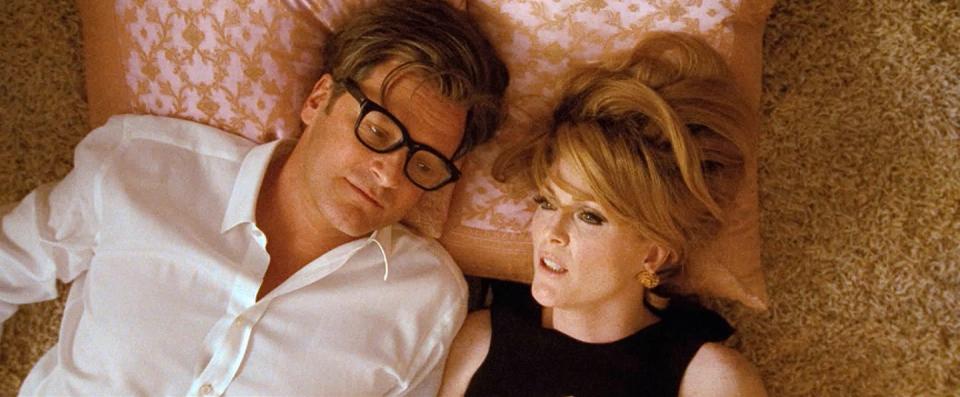
A Single Man came under fire for reported ‘de-gaying' in its marketing. An early poster put an emphasis on the relationship between George and Charley (Julianne Moore) but was later reissued with Moore relegated to the background and Kenny brought to the forefront.
There were two versions of the trailer, with the one shown at the Venice International Film Festival being very different to the one eventually shown after The Weinstein Company picked it up for distribution.
The distribution trailer omitted George and Kenny running nude into the ocean, George meeting Carlos the hustler (Jon Kortajarena) and a shot of George locking eyes with a male student, yet still keeping one of him staring at a female student.
Despite A Single Man winning the Queer Lion Award for Best Gay Film in Venice, there were rife accusations that it was toning down its homosexuality to appeal to a wider audience. Ford alluded to this in an interview with the Bay Area Reporter, admitting that while certain things had to be edited to reach a broad distribution, "It wasn't an intentional attempt to remove the gayness of the movie".
Still, Ford batted away complaints that A Single Man had been de-gayed, defiantly telling W Magazine: "I like chocolate cake. Do I define my life by the fact that I like chocolate cake? For me, that's what sexuality is. I didn't think of making a movie with gay characters."
Firth seemed more open to critiques that George and Charley became an unwarranted focus of its marketing, telling The Advocate: "It is deceptive. I don't think they should do that because there's nothing to sanitize. It's a beautiful story of love between two men and I see no point in hiding that. People should see it for what it is."
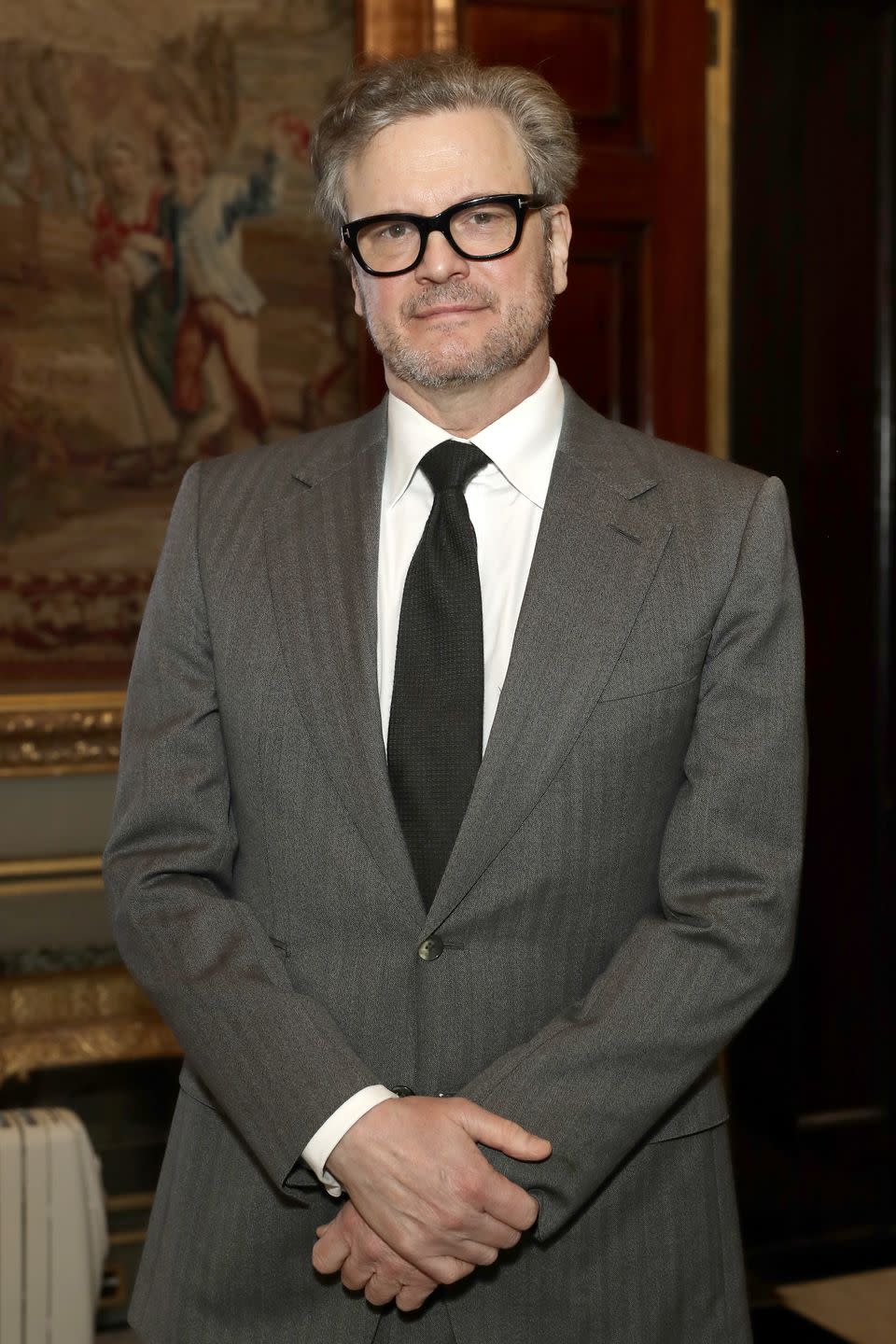
Ford was hardly the first director to be accused of straightwashing, with even the Oscar-winning gay love story of Brokeback Mountain being caught in a similar controversy. In fact, when A Single Man came out, it was referred to as having "the Brokeback Mountain approach" (via IndieWire).
Some of these complaints can be put to one side due to the characters being fictional, such as in A Single Man's case, but when it comes to biopics, Hollywood is even keener to dull its rainbow.
Even before A Single Man, Ron Howard took flak for Russell Crowe's portrayal of John Nash in 2001's A Beautiful Mind. It was a loose adaptation of Sylvia Nasar's 1998 biography of the same name, and even though Slate asserts that Nash wasn't gay, the book refers to numerous homosexual encounters.
Nasar said Nash might have felt "something very close to love" with mathematician John Milnor and elsewhere, the movie conveniently skims over his 1954 arrest for indecent exposure during a police sting. Nash said he was "merely observing behavioural characteristics".
After A Single Man, 2014's The Imitation Game was lambasted for romanticising the relationship between Benedict Cumberbatch's Alan Turing and one-time fiancée Joan Clarke (Keira Knightley).
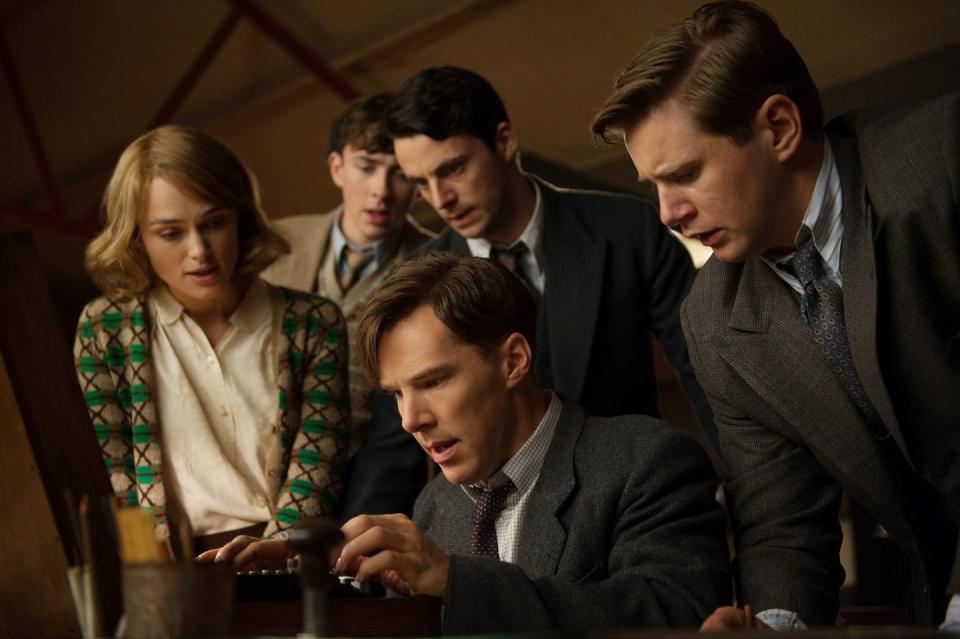
Biographer Andrew Hodges told The Sunday Times he was "alarmed by the inaccuracies" and said the casting of Knightley didn't "strike him as right".
Director Morten Tyldum defended the movie's creative liberties in an interview with The Huffington Post, as did screenwriter Graham Moore. Moore dismissed the argument by referring to the movie as a piece of art rather than a historical text.
Of course, straightwashing isn't just an accusation levelled at the plots and marketing of LGBTQ+ movies, but is also a long-running debate when it comes to casting.
The Danish Girl is one of the most infamous, thanks to Eddie Redmayne's portrayal of the transgender pioneer Lili Ilse Elvenes. Although author David Ebershoff admits his 2000 book is a fabricated account of Elvenes and Gerda Wegener's story, director Tom Hooper maintains that his movie is closer to their real-life story.
Fresh off his success with The Theory of Everything, it was easy to sell a so-called biopic with Redmayne as the lead. Historical inaccuracies aside, Redmayne later admitted to GQ that he likely wouldn't take the role today, preferring the part to go to a transgender actor.
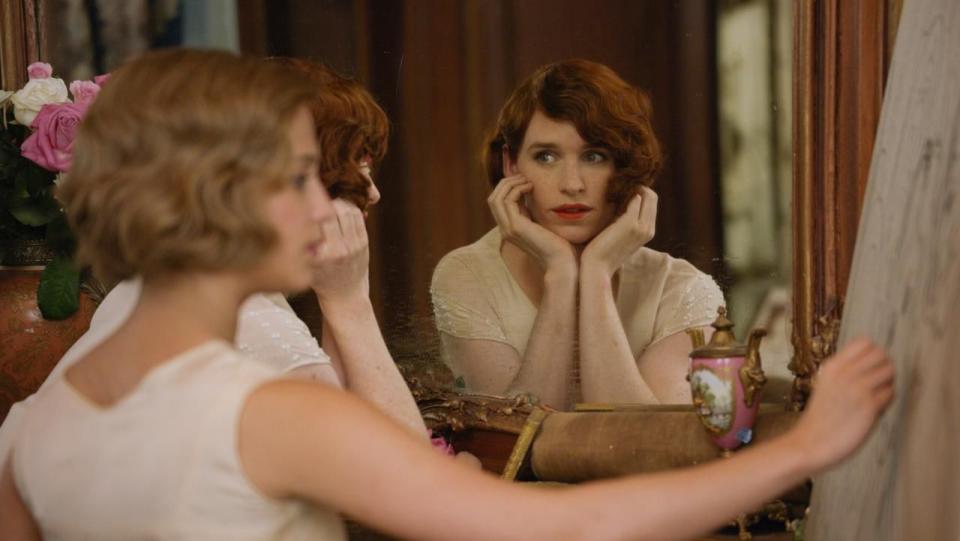
Worryingly, "the Brokeback Mountain approach" doesn't just hit movies before they're released.
A movie called Pride should be relatively simple, but even the 2014 movie based on the true story of gay and lesbian activists during the 1984 miner's strike had to hide its true colours (via Pink News).
Alongside accusations it was slapped with a restrictive R-rating due to its homosexual content, the US DVD release removed all gay references and even changed its synopsis from "a London-based group of gay and lesbian activists" to "a group of London-based activists".
A Single Man wasn't the first movie to be accused of straightwashing, and we're sure it won't be the last. While A Single Man is undoubtedly a beautiful movie, it's somewhat robbed Christopher Isherwood's 1964 book of its legacy as one of the first novels of the early gay liberation movement.
Still, in terms of bringing the conversation to the mainstream, this largely-underappreciated movie is mainly remembered for its controversy instead of the fact it earned Colin Firth an Academy Award nomination for Best Actor.
A Single Man is available to watch now on Amazon Freevee.
You Might Also Like
